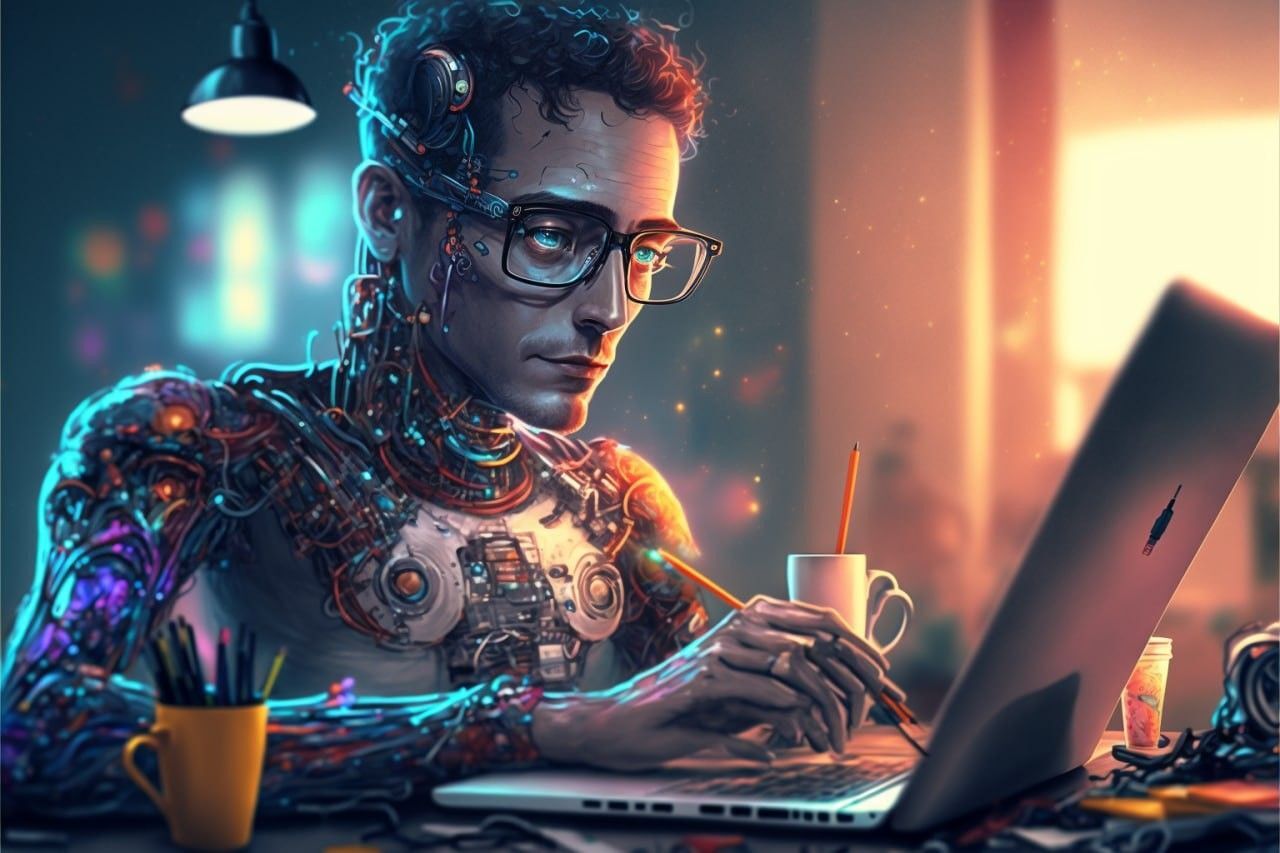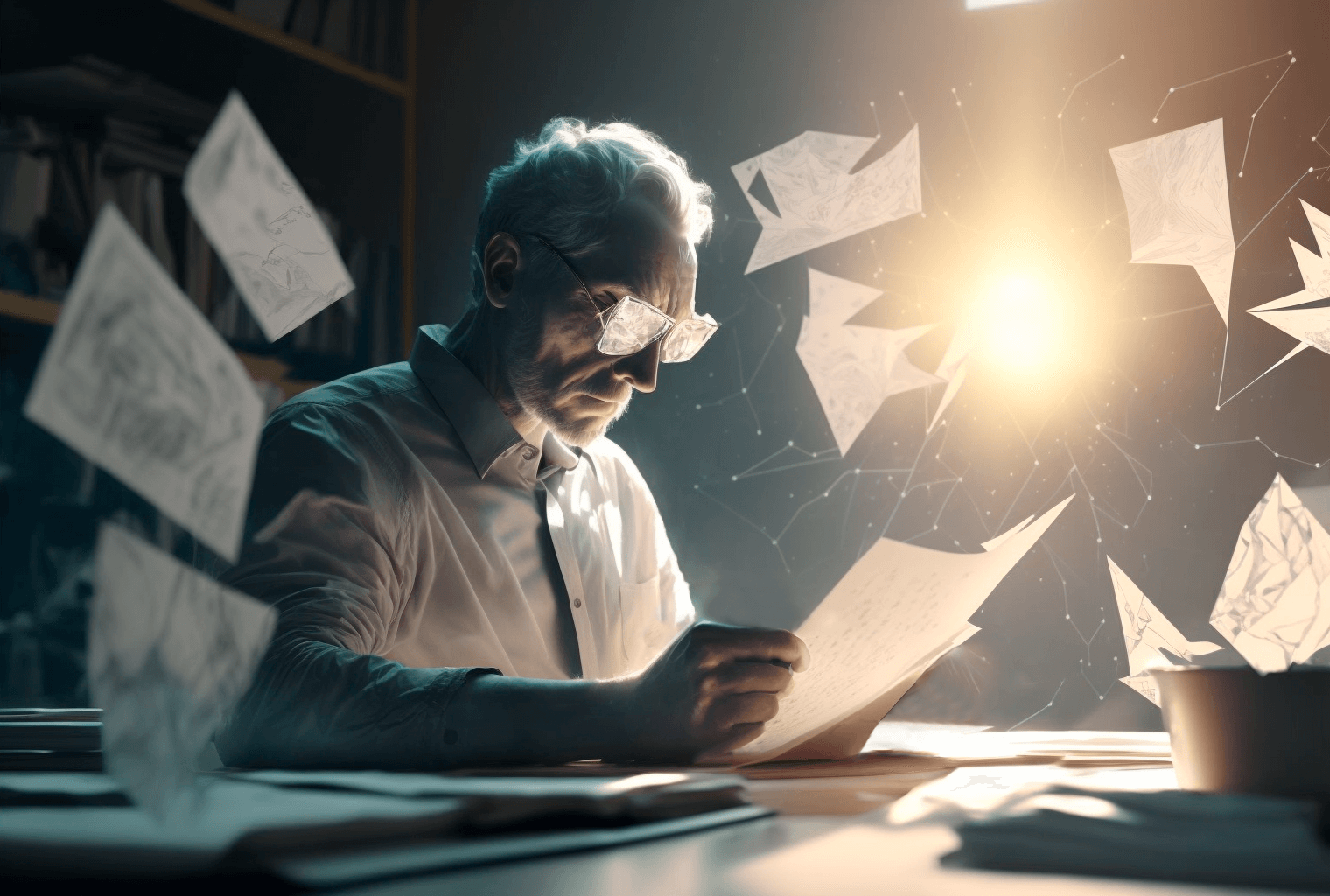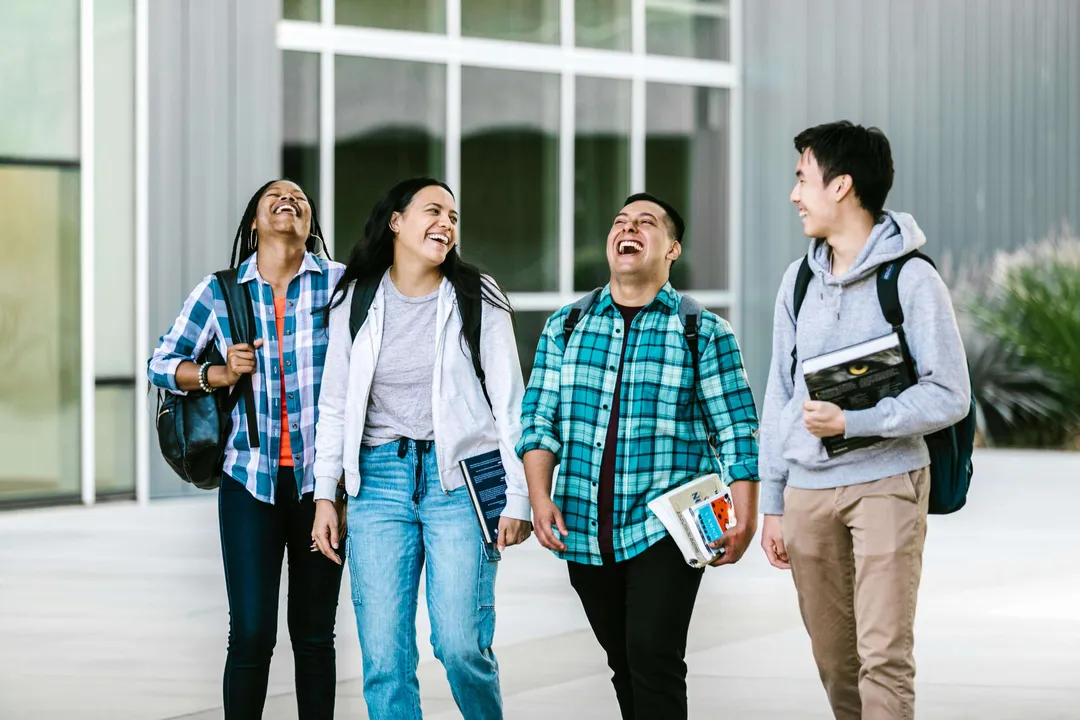Can an AI write a paper that a professor will accept?

Without human modifications, no. ChatGPT writes general text based on user input. It struggles to think critically and globally about a problem. Furthermore, most academic writing requires referencing, and ChatGPT cannot reference correctly and does not understand formatting styles such as MLA, APA, etc.
According to Academic Exchange, here are a few ways professors can beat ChatGPT:

Can an AI tool rewrite academic writing?
To answer this question, I took an online essay sample and copy-pasted the text into ChatGPT with a request to rewrite it.
After reading both works, ChatGPT rephrased the main idea using different words, but there were many issues:
- I asked it to meet a similar word count, and it only delivered 25% of the expected word count
- Some parts of the text were blatantly copied and pasted without any rephrasing. This is clear plagiarism
- The new article was unable to reuse the old references and was written without the use of references.
- According to a Plagiarism check, there was only 8% similarity to other sources, but even with such a low rate of plagiarism, this work would still be unacceptable for submission.

Only with large human modifications will such writing be approved by universities. Simple rephrasing with the tool is not enough.
Can one AI tool rewrite a paper written by another AI tool?
To answer this question, I asked ChatGPT to write a 1000-word essay on contract cheating in American Universities. Then, I asked Jasper to rewrite the entire essay and paraphrase the whole text while keeping the same idea.
- Jasper followed the word count and rephrased the entire essay as requested
- Jasper did not add any new information.
- Jasper did not include references.
- The text written by Jasper was completely original.

For students to submit this as their own work, they will still need to find references, include citations, make a work cited page, and spend some time editing and proofreading.
It can not complete the entire project for the student, but it can help them speed up the overall process.
Students about using AI tools for academic papers
On Reddit, it seems that more people are having fun playing around with the tool rather than using it for academic writing. However, some students have already claimed that it has helped them obtain good grades:
https://www.reddit.com/r/ChatGPT/comments/zsve2h/thanks_gpt/
Other students praise it for helping them with coding, contracts, and discussion, meaning that they ask ChatGPT to pretend to be a Lawyer, Scientist, Professor, etc., and then proceed to converse with it.
In terms of academic writing, some state that it will make typical academic writing obsolete, but others say that it has yet to achieve this level of critical thinking and ability. There is no clear general consensus.
Can you earn good grades using AI tools?
If students take online tests or graded homework assignments, they can simply copy and paste many questions into the chat and receive a correct answer, specifically in the hard sciences like math, physics, chemistry, biology, etc. This means they will be able to get good grades without actually studying and learning the information.
With coding, it seems that ChatGPT can help with simpler code which it found from its learning phase. This tool might be very useful for new programmers or first year students. However, as code becomes more advanced, it will struggle to provide applicable solutions to problems.
With academic writing, students might be able to gather ideas and make a draft, but they will still have to spend hours researching, citing, editing and proofreading their work. In short, AI tools may help them speed up the process, but it will still require hours of manual work.
In short, for online assignments, it will surely increase cheating rates among students.
How to avoid getting caught using AI tools?
In order for students to get the most out of AI writing tools without plagiarising, they need to use the tool as a constructor and idea generator.
According to several sources, both Originality.AI and TurnItIn are able to detect some level of AI writing based on pattern recognition and the use of specific language.

For this reason, students need to make large modifications to the writing that AI creates. Furthermore, AI tools are not able to cite and format, which are requirements for academic papers. Alongside that, they are unable to crawl the internet and find new/relevant information.
Therefore, the student can use the tool to fill some gaps and throw together some ideas, but ultimately, they will need to spend hours polishing the work with editing, referencing, citing, etc.
Risks of using AI writing tools
Lack of originality: A risk of using AI to write papers is that it may produce content that is not original or unique. This can result in a lack of authenticity in the paper, which may be detected by professors and other academic reviewers.
Lack of critical thinking skills: By relying on AI to write their papers, students stop developing their critical thinking skills. Writing papers requires students to research, analyze, and synthesize information, which are important skills to grow.
Dependency: If students become too reliant on AI to write their papers, they may struggle to complete assignments on their own when AI is not available. This can lead to a lack of independence and self-sufficiency.
Quality of the paper: AI-generated content may not be of the same quality as a paper written by a human. This can result in a lower grade or a lack of understanding by the reader.
Lack of understanding: If students use AI to write their papers without fully understanding the content, they may struggle to explain or defend the ideas presented in the paper. This can lead to a lack of confidence in their own understanding of the subject matter and suspicion from a teacher/professor of cheating.
Reputational concerns: Using AI to write papers may raise ethical concerns, as it could be seen as cheating or taking shortcuts. This could have negative consequences for a student's reputation and credibility.
Are professors aware of AI writing tools?
Most academic professors at this point, are well aware of the existence of the instrument. However, based on several sources, most professors don’t seem to be too concerned about it.
They are fairly confident in the fact that they will be able to detect AI writing apart from the writing of typical students, as most students have a “idiosyncratic” and “unique” writing style, while most AI writing follows a similar pattern. It also lacks critical thinking skills, and is better at regurgitating facts rather than building a strong argument.

However, teachers understand that this instrument will increase the amount of students attempting to cheat. Therefore, several teachers are implementing changes to coursework so that students need to place a focus on critical thinking, rather then memorizing facts.

How do professors deal with AI tools?
There are several methods that professors may use to detect AI-generated writing from work submitted by a student. Some of these methods include:
Plagiarism detection software: Professors may use software such as Turnitin to check for plagiarism in student work. AI-generated writing is often flagged as plagiarized because it is not original content.
Reviewing the writing style: Professors may be able to identify AI-generated writing by looking for certain characteristics of the writing style, such as a lack of creativity or overly repetitive language. They also may have a good understanding of the students writing style and can easily authenticate the originality of the work.
Asking students to explain their work: Professors may ask students to explain the ideas and concepts in their work to determine whether they have a deep understanding of the material.
Verifying sources: Professors may check the sources cited in a student's work to determine whether they were used appropriately and to ensure that the student has not copied material from other sources. ChatGPT struggles to do this effectively
What can't AI do?
Tasks that require a high level of social interaction, such as developing a segment of a presentation.
Tasks that involve complex decision-making, such as developing a strategic plan or solving a complex problem.
Tasks that involve a high degree of uncertainty or unpredictability, such as developing a business plan or conducting market research.
Tasks that require emotional intelligence or empathy, such as providing counseling or coaching to other students.
Tasks that involve complex ethical or moral dilemmas, such as analyzing the social impact of a particular policy or decision.
Tasks that require a high degree of customization or personalization, such as designing a personalized learning plan for a student.
Tasks that require citing and reference, such as any academic paper.
Tasks that require new information, as ChatGPT does not have any information that happened after 2021.











